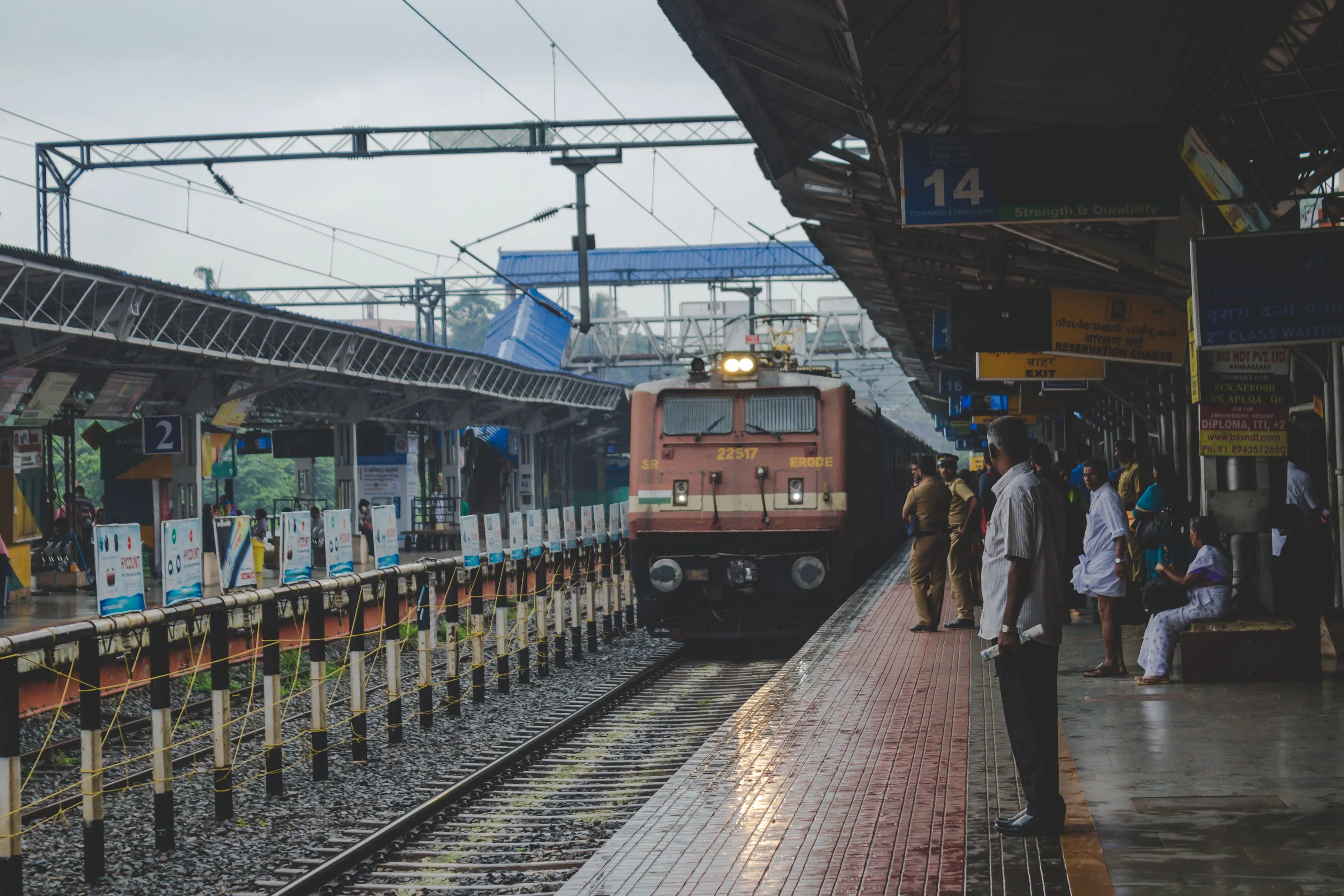
Railway jobs in India are among the most sought-after government jobs, attracting millions of aspirants every year. The Indian Railways, being one of the largest employers in the world, offers a wide variety of opportunities across different categories such as technical, non-technical, and specialized posts. The recruitment process is primarily managed by the Railway Recruitment Board (RRB) and the Railway Recruitment Cell (RRC). This blog provides a detailed explanation of the RRB recruitment process, eligibility criteria, exams, and career prospects for candidates aspiring to work in Indian Railways.
Why Choose a Career in Indian Railways?
A career in the Indian Railways ensures stability, growth, and respect in society. Here are some reasons why railway jobs are so popular:
- Job Security: Being a government sector, railway jobs provide long-term stability.
- Attractive Salary: Employees enjoy good pay, allowances, and perks.
- Growth Opportunities: Regular promotions and departmental exams ensure career progression.
- Pension Benefits: Post-retirement pensions make these jobs more attractive.
- Diverse Roles: From engineers and station masters to clerks and technicians, opportunities exist for all educational levels.
Types of Railway Jobs in India
Railway jobs are classified into different groups based on qualifications and responsibilities. These include:
- Group A: High-level positions filled through UPSC exams (Civil Services, Engineering Services, etc.).
- Group B: Mostly supervisory positions, usually filled through promotions.
- Group C: Includes clerks, station masters, ticket examiners, and technicians. Recruitment done via RRB exams.
- Group D: Includes track maintainers, helpers, porters, and other support staff. Recruitment handled by RRC.
Eligibility Criteria for Railway Jobs
The eligibility criteria for railway jobs vary depending on the post, but the general requirements include:
- Educational Qualification: From 10th pass (Matriculation) to Graduation/Post-Graduation depending on the role.
- Age Limit: Generally between 18 and 33 years, with relaxations for reserved categories.
- Medical Standards: Physical fitness and medical tests are mandatory for most posts.
- Nationality: The candidate must be an Indian citizen.
Railway Recruitment Process Explained
The recruitment process of Indian Railways is comprehensive and designed to filter the most suitable candidates. The process usually involves the following stages:
1. Notification Release
The Railway Recruitment Board (RRB) releases notifications on its official website and newspapers about vacancies, eligibility, and exam dates.
2. Online Application
Interested candidates must apply online through the RRB portal. Applicants are required to submit personal details, educational qualifications, and application fees.
3. Computer-Based Test (CBT) - Stage 1
The first stage of the exam is a computer-based test (CBT-1) consisting of objective-type questions. It covers:
- General Awareness
- Mathematics
- Reasoning and General Intelligence
This stage is qualifying in nature.
4. Computer-Based Test (CBT) - Stage 2
The second stage (CBT-2) is more specialized and depends on the category of job applied for. It includes technical and job-specific subjects.
5. Skill Test / Aptitude Test
For certain posts like Assistant Loco Pilot, Typist, or Junior Clerk, skill tests such as typing, aptitude, or psychological tests are conducted.
6. Document Verification
Candidates who qualify in the written exams are called for document verification to confirm eligibility.
7. Medical Examination
Medical fitness is mandatory for final selection. Candidates are tested for vision, hearing, and overall physical fitness.
8. Final Merit List
After all stages, the final merit list is prepared based on exam scores, skill tests, and medical reports. Selected candidates are then appointed to their respective posts.
Popular RRB Exams in India
Some of the most popular RRB exams include:
- RRB NTPC: Non-Technical Popular Categories exam for clerks, typists, station masters, and traffic assistants.
- RRB JE: Junior Engineer exam for candidates with engineering diplomas or degrees.
- RRB ALP: Assistant Loco Pilot and Technician recruitment exam.
- RRC Group D: Recruitment for track maintainers, helpers, and other low-grade posts.
Career Growth in Indian Railways
Indian Railways ensures career progression through promotions, departmental exams, and performance evaluations. For example:
- A Station Master can be promoted to Senior Station Master, Assistant Operations Manager, and eventually Divisional Operations Manager.
- A Junior Engineer can rise to Senior Section Engineer and later to managerial positions.
- Group D employees can also move to higher posts through departmental exams.
Salary and Benefits of Railway Jobs
Railway employees enjoy attractive salary packages along with allowances. Some benefits include:
- Dearness Allowance (DA), House Rent Allowance (HRA), and Travel Allowance.
- Free or subsidized railway travel for employees and family members.
- Comprehensive healthcare facilities through Railway hospitals.
- Retirement pensions and gratuity.
- Job security with a strong work-life balance.
Preparation Tips for Railway Exams
Cracking RRB exams requires dedication and strategy. Here are some tips:
- Understand the syllabus and exam pattern thoroughly.
- Practice previous years’ question papers.
- Focus on mathematics, reasoning, and general awareness.
- Stay updated with current affairs, especially railway-related news.
- Maintain good physical and mental health for medical tests.
Conclusion
Railway jobs in India offer a secure and rewarding career for aspirants across educational backgrounds. The RRB recruitment process may seem challenging, but with proper preparation and determination, candidates can secure their dream job in Indian Railways. From clerical posts to engineering roles, the diversity of opportunities makes Indian Railways one of the most attractive employers in the country. For aspirants seeking stability, growth, and pride in serving the nation’s largest transportation network, railway jobs are undoubtedly an excellent choice.